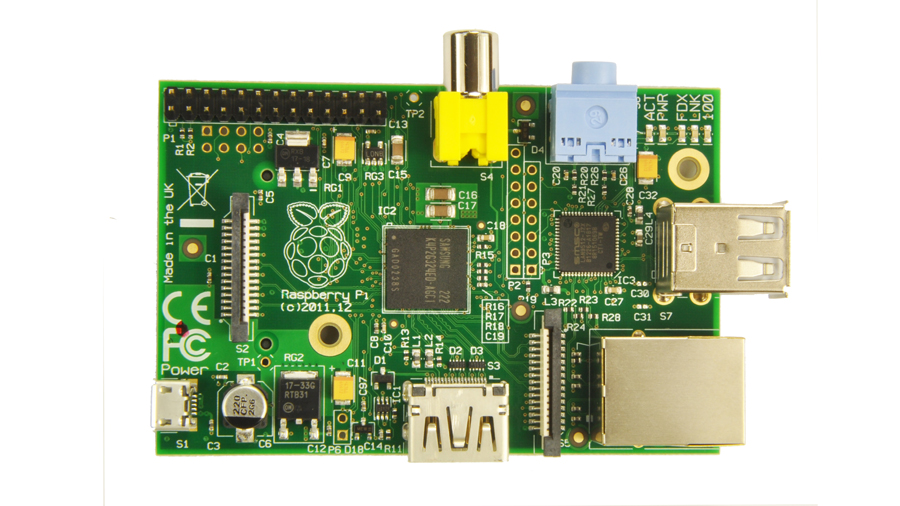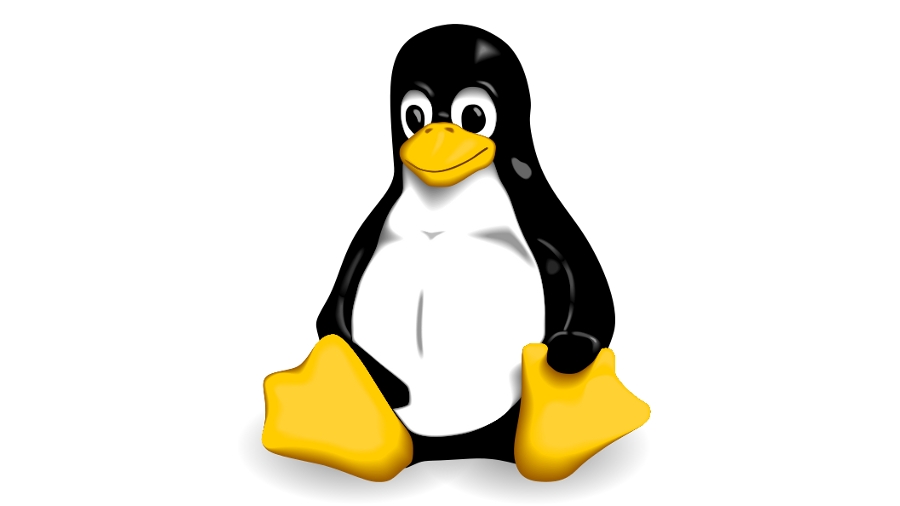'Ubuntu on Android may help find next Einstein'
Linux International boss suggests wiring brains into computers as a backup plan
Bee lessons
TR: What was it that attracted you to free and open software?
JH: I used to be a beekeeper, and I can tell you that the honeycomb is the perfect structure for a combination of strength, volume of capacity of holding honey, and the least amount of materials allowed to make it.
The honeybee comes along with a piece of wax and puts it on the honeycomb, but no one bee creates the entire cell. They squeeze the wax a bit, bend it a little bit then move on, until another bee comes along and does the same, making the perfect honeycomb.
This is the way that software is created a lot of the time. People make the contributions to it. They squeeze it a little bit and the software improves. Again, this is why I love free software and believe in this method of creation.
I can look out and see these great projects and then find a person who's doing it and give them encouragement or exposure. That's also why I like Campus Party, because a lot of people come to it, and I can see them.
TR: You mentioned the Raspberry Pi. What project involving one has impressed you the most?
JH: There's a variety of them. I thought it was cute building a supercomputer out of Lego and lots of chips. There are other things, like the guy who put a Raspberry Pi in a balloon. The device is putting pressure on companies to build capable computers for as low amount of money as possible.
Are you a pro? Subscribe to our newsletter
Sign up to the TechRadar Pro newsletter to get all the top news, opinion, features and guidance your business needs to succeed!

TR: You described Linux as "inevitable" after meeting Linus and using it for the first time. Why was that?
JH: When I met Linus Torvalds and saw Linux for the first time, I thought it was something set to change the computer industry. I really believed that, and I still do.
Lots of people ask where Linux is on the desktop, and I reply by saying that we're on 98% of the world's fastest 500 computers and on 60% of servers going out of the door. We're also the most used operating system in embedded systems design and we're on more phones than iOS. Plus we're on tablets.
Yes, only about 7% of desktops now being put into use are running Linux, but that's increasing, particularly in developing nations. I'm happy with that. It takes time, and there's this thing called inertia in the world.
TR: Why aren't more people aware of Linux considering its ubiquity?
JH: With an embedded system, almost by definition you don't know what the operating system is. Because Android is called Android, a lot of people don't know it's a Linux kernel, just like a lot of people don't know iOS is FreeBSD. I've always had a little bit of a problem with that.
A lot of companies never mention the operating system, and even when talking about an application, they just mention Oracle or whatever. I ask them why not, and the reply I get is that people aren't interested in knowing. I say OK, then why do people struggle with what operating system to buy if they're not interested in it? I've never been able to get people to really tell me the truth about this.

TR: Do you think it's partly down to marketing?
JH: I think it's the marketing people who don't see any value in mentioning the operating system. That's another reason why Linux in a lot of cases is invisible. The thing is, every time you buy a Microsoft operating system or Microsoft Office, a lot of your money goes to marketing. That means the company ends up marketing back to you after you've already bought their software.
